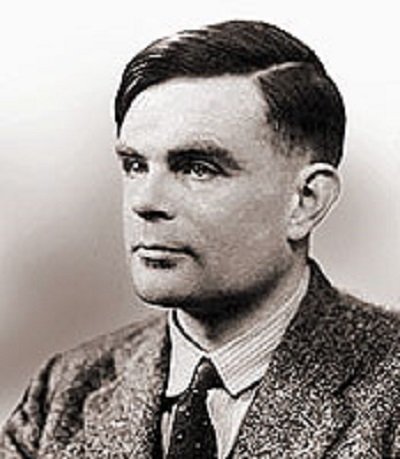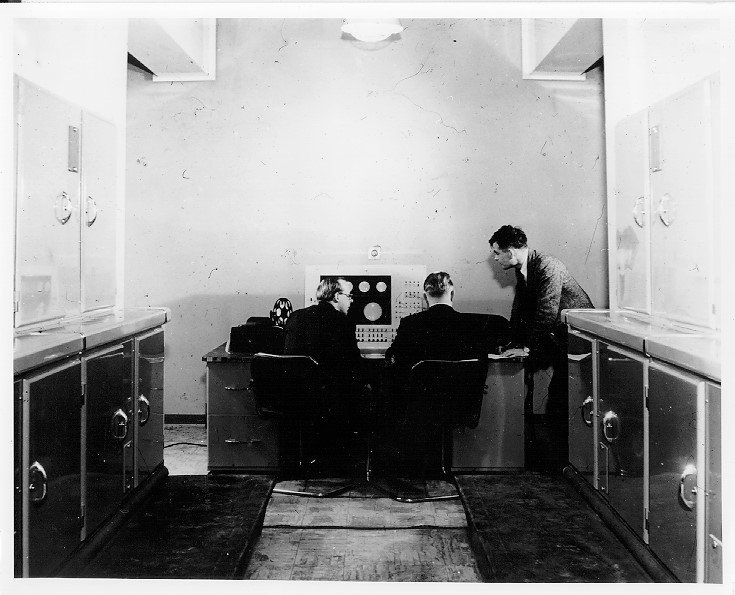About Alan M. Turing


The "Father of Modern Computing"
Alan Matthison Turing (1912-1954), a British mathematician, and logician was an unequaled, pioneering force in what became the discipline of computer science and the field of artificial intelligence. He was a graduate of the University of Cambridge (1934) and completed a PhD in mathematical logic at Princeton University (1938), supervised by Alonzo Church.
Turing’s famed 1936 paper “On Computable Numbers,” defined computation and outlined what it could and could not achieve. He did this, in part, through his articulation of an imagined “universal machine,” (later known as a “universal Turing machine”), an abstraction capable of solving any mathematical problem presented in symbolic form.
Turing’s 1950 paper “Computing Machinery and Intelligence,” offered up his “imitation game,” or what later became known as the “Turing Test” of machine intelligence. This seminal and widely debated paper helped give rise to the field known as “artificial intelligence” (AI)—a term (aimed to boost government research investment) that took hold after the famed Dartmouth Summer Research Project (summer school or conference) on Artificial Intelligence in 1956.
Turing was also highly influential in cryptoanalysis, working at Bletchley Park during World War II to decrypt—break the code of—encrypted Enigma messages of the German military/navy. A war hero from this distinguished contribution that helped turn the tides of the war against Germany, Turing later was persecuted and prosecuted for his homosexuality by the British government, subjected to chemical castration, and died from suicide (or possibly accidental poisoning) in 1954.